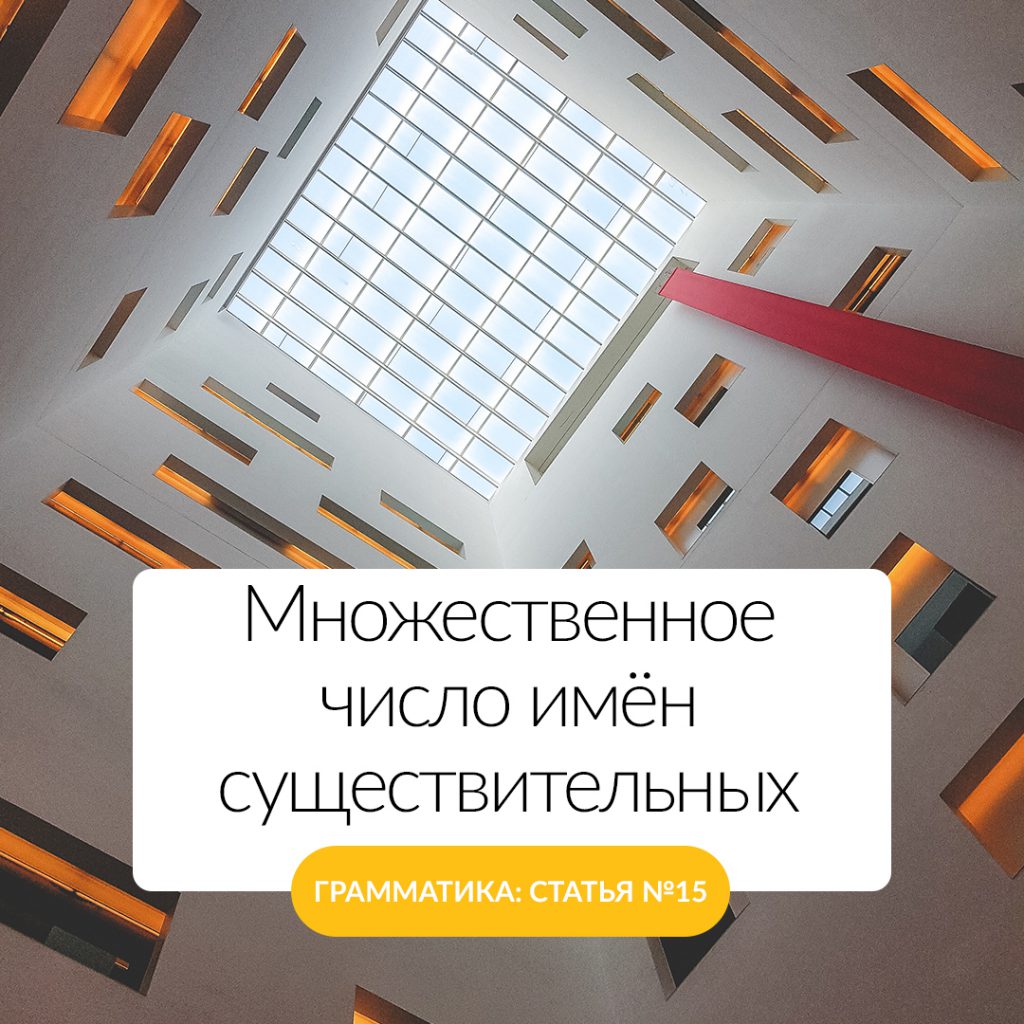The ending “- (e) n” in the plural is the most popular among all endings, it is obtained:
all nouns that in the singular end with “-ung”, “-heit”, “-keit”, “-ie”, “-or”, “-ion”:
Die Zeitung – die Zeitungen – newspaper, die Akademie – die Akademien – academy, der Doktor – die Doktoren – doctor.
almost all nouns with “e”:
die frage – die fragen – the question.
many feminine nouns are:
die Tür – die Türen – the door.
nouns with the suffix “-in”:
die Schülerin – die Schülerinnen – student.
The ending “-er” and umlaut receive:
almost all short nouns are neuter:
Das Buch – die Bücher is a book, das Wort – die Wörter is a word.
some nouns are masculine but not feminine:
der Mann – die Männer – male.
The ending “-e” and umlaut receive many short nouns:
die Hand – die Hände – hand, das Brot – die Brote – bread.
Almost all masculine and neuter nouns that end in “-er”, “-en”, “-el”, as well as all nouns with the ending “-chen” and “-lein” do not get the plural ending, but sometimes umlauts are received:
der Onkel – die Onkel, der Vater – die Väter, das Mädchen – die Mädchen.
Nouns that end in “-a”, “-i”, “-o” and “-u”, as well as abbreviations and foreign words, in the plural form, end in “-s”:
das Taxi – die Taxis – taxi, das Hotel – die Hotels – hotel, der PKW – die PKWs – car.
No plural for:
abstract nouns: der Frieden, das Wetter, die Gesundheit;
names for materials: das Wasser – water, das Fleisch – meat;
in collective concepts: das Getreide – cereals, das Obst – fruit;
nouns derived from verb infinitives: das Kochen – cooking, das Fernsehen – television, das Essen – food.
There are words that have only the plural:
collective concepts denoting the set: die Eltern – parents, die Lebensmittel – food, die Möbel – furniture;
geographic concepts denoting the set: die USA – USA, die Niederlande – Netherlands, die Alpen – Alps;
Some other nouns: die Ferien – holidays, die Kosten – expenses / costs.
There are also many nouns, the formation of the plural number of which does not lend itself to any logic, and sometimes it looks incomprehensible. We will talk about this in a separate article.
The most reliable option, how not to make mistakes, is to learn the plural at the same time as you learn a new word and its article. This set of rules is not something to memorize, it is far from exhaustive, and is given with the aim of explaining the general logic.

